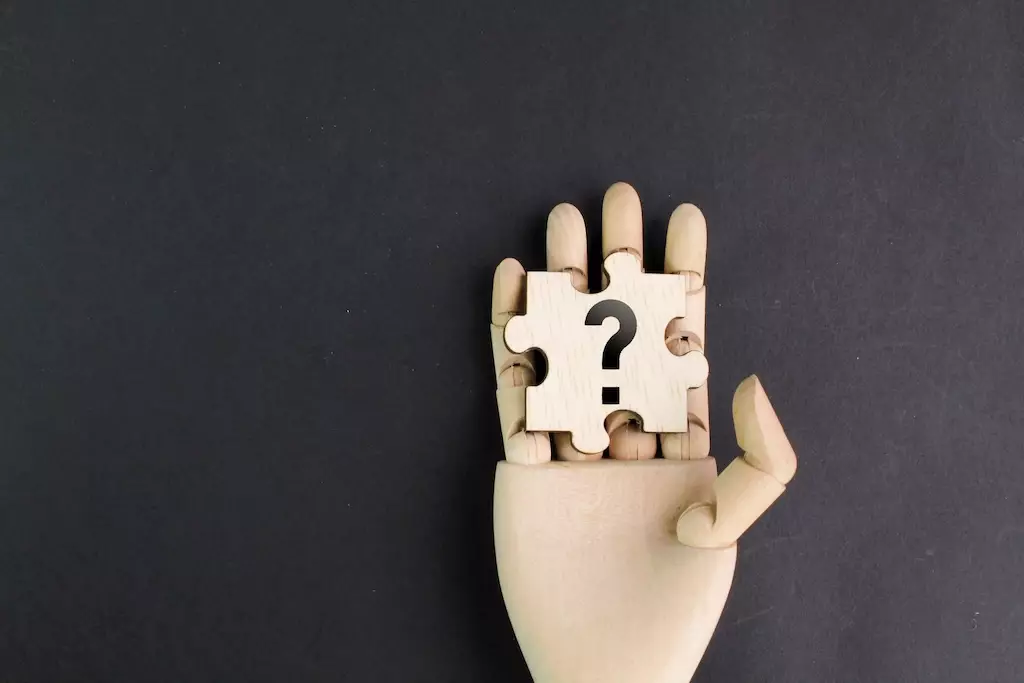Non-Drug Reactions That Surprise Medical Experts
- 02/06/2025
- 4 min read
Medical literature is full of fascinating stories about adverse drug reactions. The DrugCard platform discovers new cases daily, shedding light on how drugs can sometimes cause unexpected problems. But not all medical surprises come from drugs. Occasionally, unusual non-drug reactions emerge, revealing intriguing medical mysteries caused by foods, environmental toxins, or social media trends.
In this article, we’ll explore several remarkable cases of non-drug reactions in medical literature – stories that challenge what we expect and show the wide range of causes behind adverse reactions.
DRESS-Like Reaction from Shiitake Mushrooms: When Food Mimics Drug Allergy
A 51-year-old man developed a rare and severe non-drug reaction after eating raw shiitake mushrooms. Initially, he showed typical shiitake mushroom dermatitis – swelling around one eye and red whip-like streaks on his skin. But his symptoms quickly worsened, resembling a serious drug allergy called DRESS (Drug Reaction with Eosinophilia and Systemic Symptoms).
Despite no recent drug use, tests revealed high eosinophils, fever, and liver inflammation. A skin biopsy confirmed the diagnosis. Treatment with steroids helped, but the patient developed further rashes and swelling. Eventually, he recovered after a long steroid course. This case reminds us that food can sometimes trigger reactions usually linked to drugs.
Multiple Organ Failure After Fish Gallbladder Poisoning: A Deadly Folk Remedy
A 56-year-old woman consumed the gallbladder of a black carp, hoping to cure her cough with a traditional remedy. Within days, she experienced a non-drug reaction that led to abdominal pain, diarrhea, and kidney failure. Doctors diagnosed fish gallbladder poisoning, causing failure of multiple organs, including her heart, liver, and kidneys.
She underwent oxygen therapy, antibiotics, liver support, and hemodialysis. After nearly two weeks, she improved but required dialysis for three more months. Toxins like histamine and cyprinol sulfate in fish gallbladders can cause severe damage. This case highlights the dangers of folk remedies and stresses the need for public education to prevent life-threatening poisonings.
TikTok “Remedy” Triggers Dangerous Proctocolitis in Teen
A 17-year-old girl tried a TikTok home remedy for constipation involving an enema with water mixed with 12% hydrogen peroxide – a highly concentrated and dangerous chemical. After self-administering it, she developed severe abdominal pain and bloody stools.
Doctors diagnosed chemical proctocolitis with damage visible on imaging. She was hospitalized, treated with IV fluids and antibiotics, and put on a restricted diet. After several days, her colon began to heal. This case is a stark warning: not all health hacks on social media are safe. It highlights the urgent need for better health education to protect young people from harmful trends.
Acute Kidney Injury from Cotton Phenol Exposure at Work
A 56-year-old man developed acute kidney injury after exposure to large amounts of cotton phenol, a compound from cotton plants used in drug research. He experienced nausea and dangerously high creatinine levels, indicating kidney failure.
A kidney biopsy revealed granulomatous acute interstitial nephritis caused by cotton phenol exposure. Doctors ruled out other causes. After treatment with steroids and supportive care, his kidney function improved significantly over three months.
This rare case of non-drug reaction underlines the importance of considering environmental toxins in unexplained kidney injuries.
Non-Drug Reactions and Pharmacovigilance
Pharmacovigilance traditionally focuses on monitoring adverse reactions caused by medications. However, recognizing non-drug reactions – those triggered by substances like foods, herbal remedies, or environmental exposures – is becoming increasingly important. These reactions can mimic drug-induced effects, complicate diagnosis, and impact patient safety. Expanding pharmacovigilance to include non-drug triggers helps healthcare professionals identify unusual cases, improve patient outcomes, and refine safety guidelines. Platforms like DrugCard play a vital role by uncovering reports beyond typical drug reactions, broadening the scope of vigilance and ensuring a more comprehensive understanding of all potential health risks.
Conclusion
These unusual non-drug reactions in medical literature remind us that adverse reactions can come from unexpected sources – food, folk remedies, social media trends, or workplace toxins. The DrugCard platform continues to uncover such cases, highlighting the importance of thorough patient history, early diagnosis, and public education to prevent harm.
Stay curious and informed – sometimes, the most surprising medical stories come from beyond the world of drugs.


